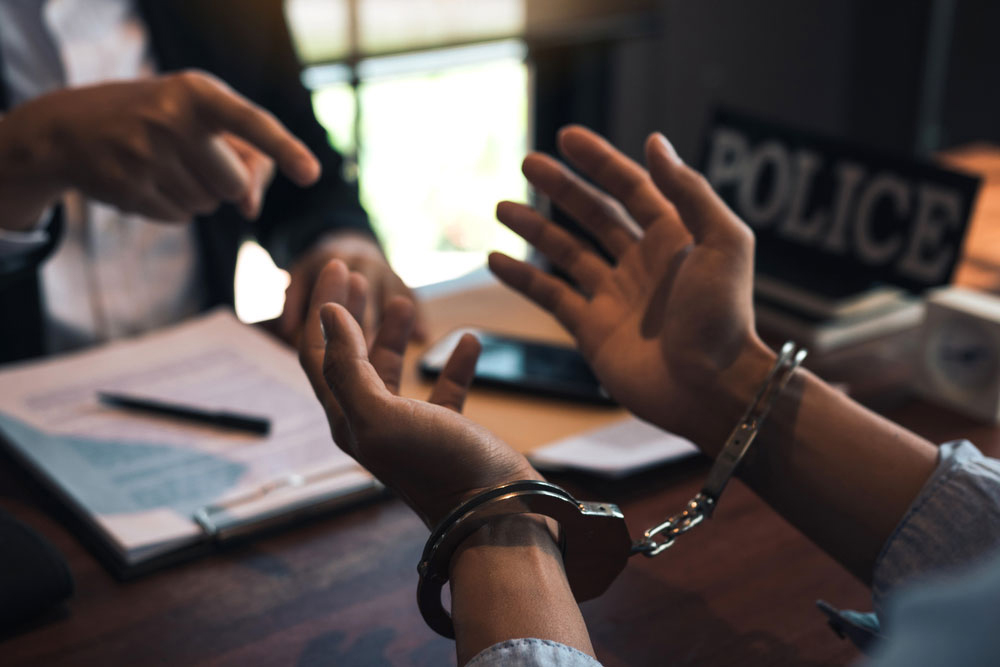Encountering law enforcement can be intimidating, and how you handle police questioning can significantly affect legal issues that might arise from the interaction. You should understand your rights and the importance of having legal representation before or after an arrest.
Understand Your Rights
Miranda rights, familiar to many from television and movies, are foundational in protecting yourself during police interactions.
- Right to remain silent: Refusing to answer questions beyond identifying yourself prevents you from providing information that a prosecutor could use against you in court, regardless of your innocence.
- Right to an attorney: The law allows you to have an attorney present to protect you during police questioning. An experienced criminal justice attorney can advise you on which questions to answer and how to phrase your responses to avoid misunderstandings.
Answering Police Questions
Here are some guidelines on how to handle police questioning.
- First, discern whether your interaction with police is voluntary or if you are under arrest. Politely ask, “Am I free to go?” If the answer is yes, you may leave. If you are not free to go, immediately inform the police that you wish to remain silent and that you want an attorney. They must cease all questioning until your lawyer is present.
- Maintain your composure and be polite. Rude, aggressive or agitated behavior can complicate the situation.
- Do not agree to any searches without a warrant or your attorney’s advice.
- Police officers may ask questions phrased as a casual, friendly chat. Be aware that this is a common tactic to disarm you and gather information without making you notice that you are under investigation.
- Simple, direct answers are best. Avoid sharing detailed information, which could work against you.
Why Hire an Attorney?
A reputable attorney can significantly change the dynamics of police questioning.
- Legal guidance: Your attorney can inform you about your rights and the legal implications of what the police ask you.
- Strategic communication: They can liaise with the police, preventing you from disclosing information that could harm your case.
- Protection: An attorney acts as a shield against potential intimidation or misuse of power by the police.
Avoid the Risk of False Confessions
Police officers use efficient interrogation techniques and psychological tactics, sometimes pressuring people into confessing to crimes they did not commit. Having an attorney present is crucial in preventing these outcomes.
Handling police questioning with the awareness of your rights and the presence of an attorney is crucial. If you find yourself in a situation where police questioning is imminent, remember to ask if you are free to leave and invoke your right to remain silent until you have your attorney present.
At Brower Law, we understand the nuances of dealing with law enforcement and pledge to protect your rights during police interactions. Orange County criminal defense attorney Ron Brower has been a leading player in Southern California’s legal scene for over 45 years. He uses his expertise to secure the most favorable results possible for clients charged with various misdemeanors and felonies. Contact our office to schedule your consultation.

